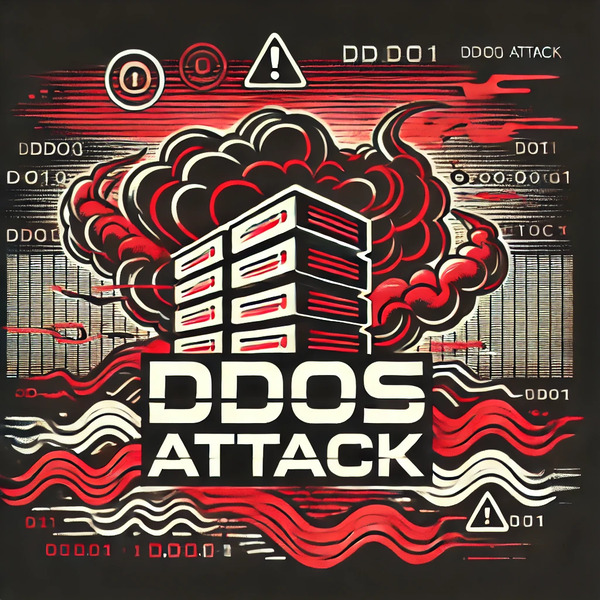Cybersecurity-Insiders
1M
258

Image Credit: Cybersecurity-Insiders
Can a DDoS Cyber Attack Lead to Political Warfare?
- In the world of digitization, Distributed Denial of Service (DDoS) attacks have emerged as a common form of warfare with potential political implications.
- DDoS attacks flood a target's online services with massive traffic, often orchestrated by botnets controlled by the attacker.
- These attacks can range from disrupting websites to targeting critical infrastructure, with broader repercussions when politically motivated.
- Political actors may use DDoS attacks to silence opposition, disrupt elections, or protest policies, creating chaos and drawing attention to their cause.
- A single DDoS attack, especially when targeting critical infrastructure, can escalate into political warfare by provoking retaliatory responses between nations.
- Real-world examples include Estonia in 2007, Georgia in 2008, and the United States during the 2016 presidential election, demonstrating the political impact of DDoS attacks.
- The rise of cyber warfare blurs the lines between cybercrime, hacktivism, and state-sponsored aggression, leading to complex geopolitical tensions.
- Nations must develop comprehensive cybersecurity strategies to protect against cyber threats that can disrupt governance and lead to political instability.
- As cyber conflict becomes intertwined with international relations, the need for appropriate responses to cyberattacks grows, potentially impacting political stability.
- In this era of digital geopolitics, understanding the political implications of cyber warfare like DDoS attacks is crucial for safeguarding national security and international relations.
- DDoS attacks have the capacity to initiate political warfare, emphasizing the importance of robust cybersecurity measures in preserving political stability and mitigating cyber threats.
Read Full Article
15 Likes
For uninterrupted reading, download the app